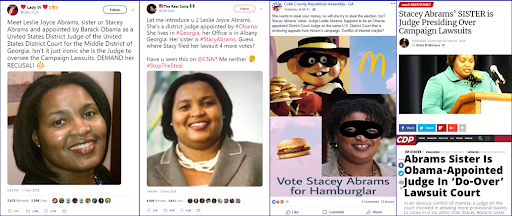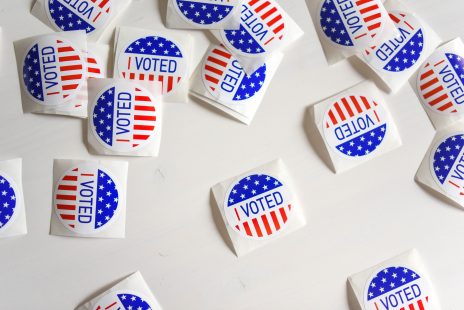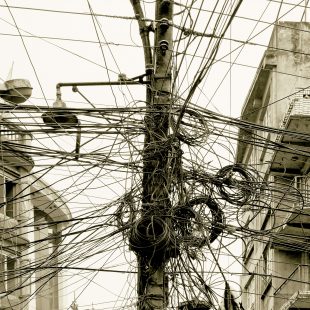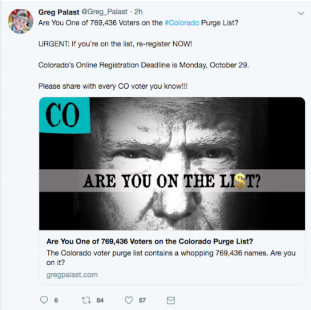Takis Metaxas: Online Manipulation of U.S. Elections
Takis Metaxas is a Professor of Computer Science at Wellesley College, studying online social media, primarily related to the propagation of information and misinformation, prediction of political events, and in developing tools that help users evaluate the trustworthiness of information. In particular, with his Wellesley colleagues and students, he has been studying the problem of […]
Takis Metaxas: Online Manipulation of U.S. Elections Read More »







